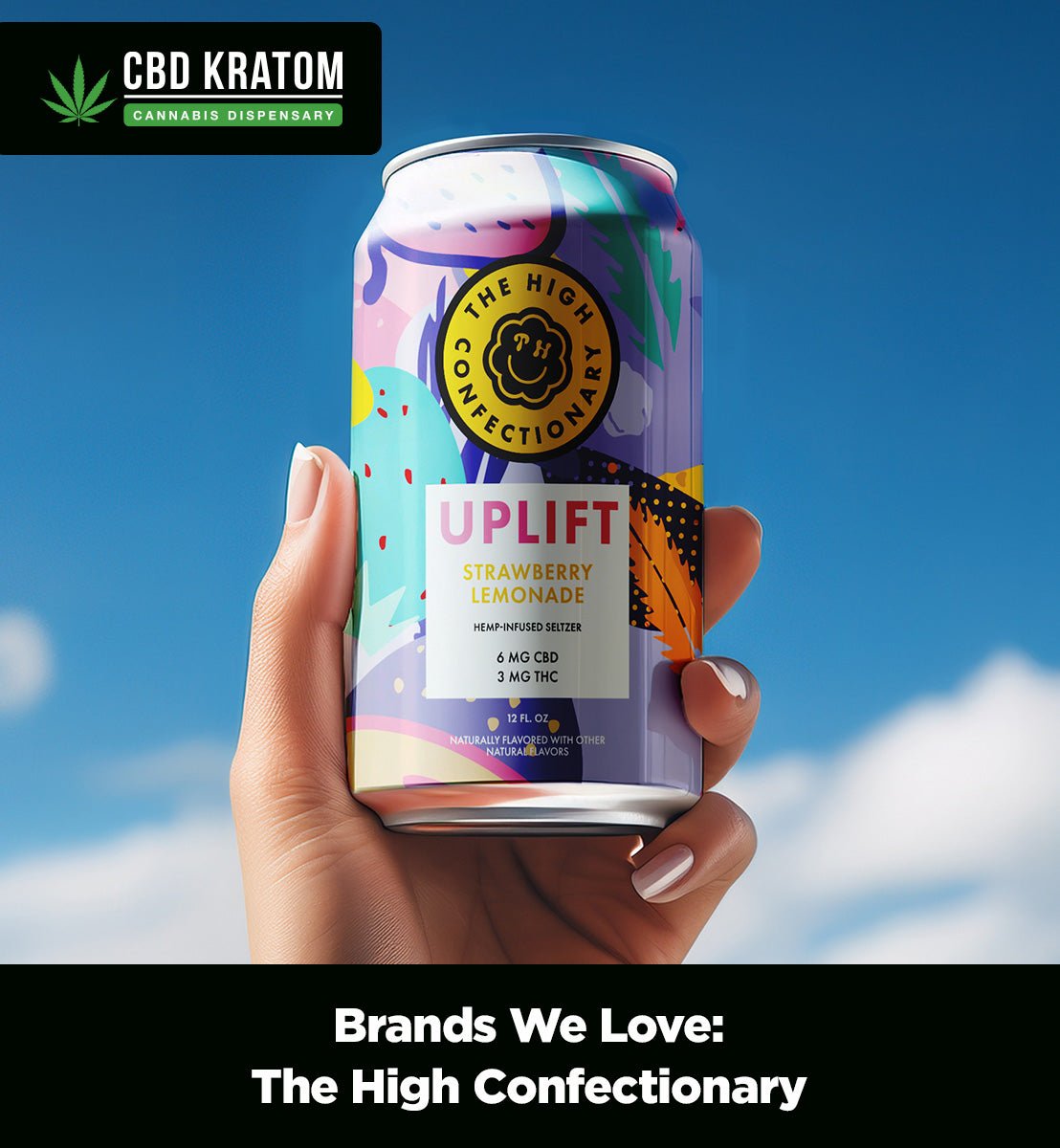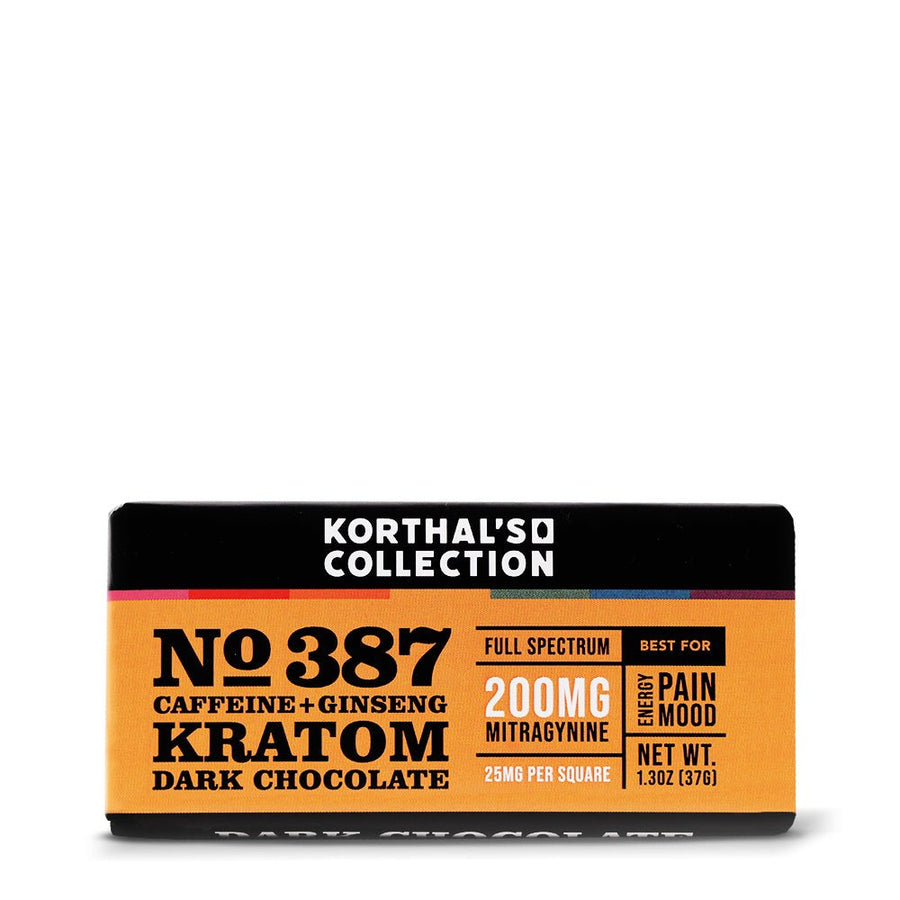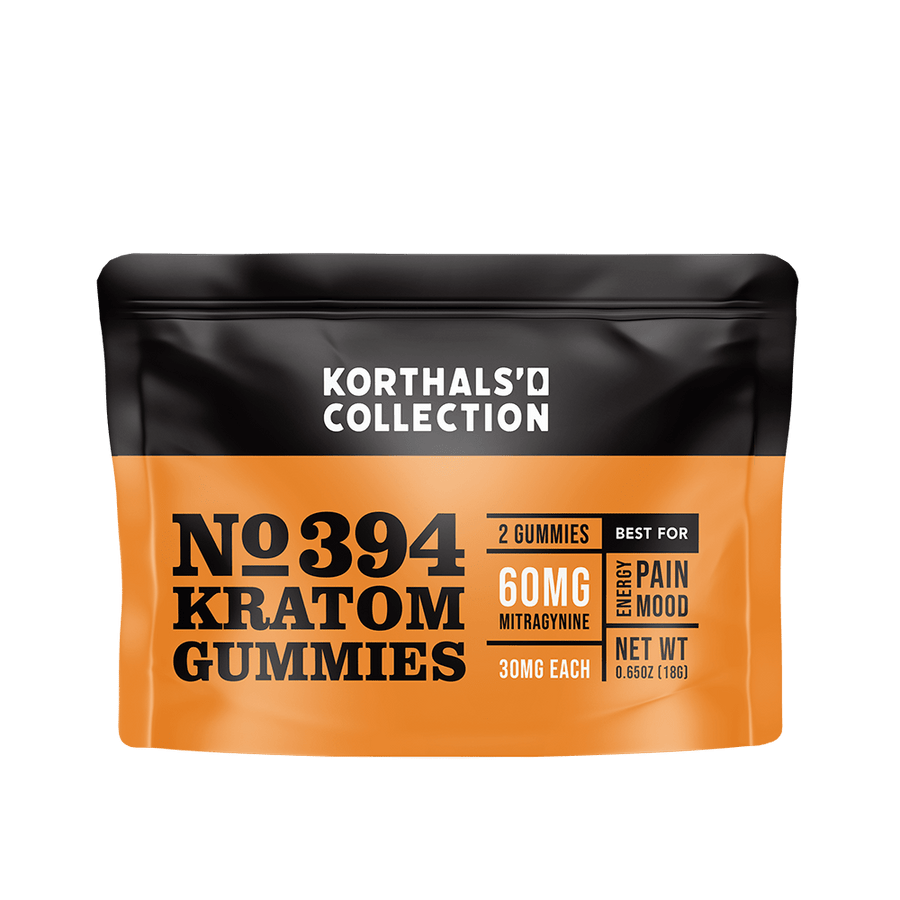CBD and CBN, two prominent cannabinoids found in cannabis, offer distinct benefits that are worth exploring. CBD is actually one of the major components of the cannabis plant trailing THC. However, CBN is also an extract of the cannabis plant but is not as readily available as CBD. Further, CBN has gone through limited scientific research, making it difficult to differentiate from other cannabinoids.
In this article, we'll take a look at CBN vs. CBD according to available research and individual claims. Further down the article, we'll give individual attention to CBD and CBN, respectively. We'll go into the benefits and side effects of both of the cannabinoids, providing a comprehensive comparison between both of the compounds—a thing you are here for. Right? Now, let's get started.
CBD Vs CBN: What's the Difference?
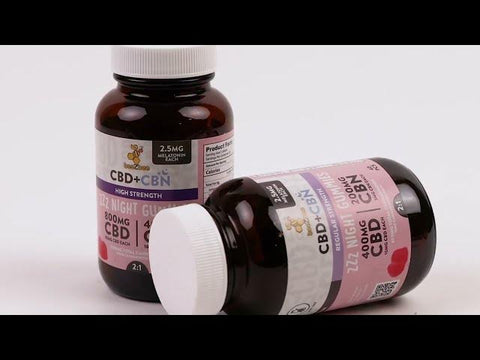
Let's get straight to the point. We have compiled a comprehensive tabular form comparing CBD vs. CBN. It will give you a quick and clear idea of both of these Cannabinoids.
|
Characteristic |
CBD |
CBN |
|
Chemical Structure |
Cannabidiol is a phytocannabinoid present in cannabis plants. |
Cannabinol is a minor cannabinoid found in aged cannabis. |
|
Source |
Found abundantly in hemp plants, but is also present in marijuana. |
Formed from the degradation of THC (Tetrahydrocannabinol), primarily found in aged or oxidized cannabis. |
|
Psychoactive Effects |
Non-psychoactive; may not produce a "high" sensation. |
Mildly psychotropic; may induce a slight sedative effect. |
|
Medical Uses |
May be used for its potential therapeutic benefits, including pain relief, anxiety reduction, and anti-inflammatory properties. |
May have potential as a sleep aid, appetite stimulant, and anticonvulsant, but research is limited. |
|
Legal Status |
Generally legal in many parts of the world, as long as it contains minimal THC content (less than 0.3% in the US). |
Considered a controlled substance in some jurisdictions due to its psychoactive properties, although regulations vary. |
|
Research Status |
Extensively studied for its medicinal properties and safety profile. |
Less researched compared to CBD, with limited clinical trials and scientific literature. |
|
Potential Side Effects |
Generally well-tolerated, with minimal side effects reported, such as dry mouth, drowsiness, and changes in appetite. |
Limited data is available, but potential side effects may include dizziness, fatigue, and gastrointestinal discomfort. |
|
Interaction with Other Medications |
CBD (cannabidiol) may interact with certain medications, particularly those metabolized by the liver's cytochrome P450 enzyme system. |
Limited information is available on potential drug interactions; caution is advised when using other medications. |
|
Availability |
Widely available in various forms, including oils, capsules, edibles, and topicals. |
Less commonly available compared to CBD; usually found in specialized products or formulations targeting specific therapeutic purposes. |
Understanding CBD (Cannabidiol)
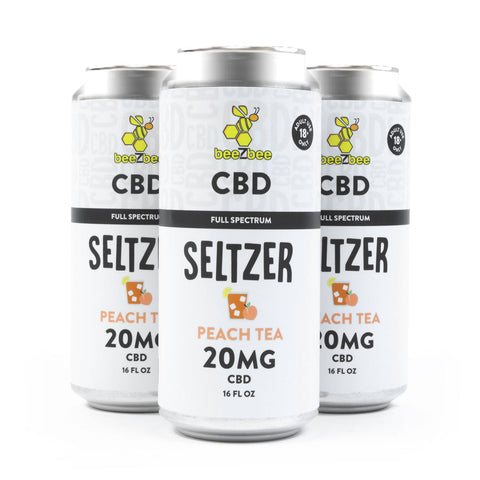
Now, you have an overview of what CBD is. Let's learn more about it. CBD, also referred to as cannabidiol, is the non-psychoactive compound found in cannabis and hemp plants.
CBD is one of 113 cannabinoids found in the cannabis plant. It accounts for 40% of the extract in the cannabis plant and has been a major subject for scientific study. It is studied to enhance human well-being. CBD is available in a broad range of forms. You can find it in the form of chocolates, gummies, CBD capsules, pills, CBD oils, tinctures, lotions, creams, etc.
Scientific Research Conducted for CBD (Cannabidiol)
The research regarding CBD is at its earlier stages and numerous researches have shown positive results. Let's delve into some of the research conducted on CBD worldwide.
- On June 25, 2018, Epidiolex, a CBD medicine to treat Lennox-Gastaut and Dravet syndromes (rare forms of epilepsy) and seizures was approved by the Food and Drug Administration.
- A study was conducted in 2018 to understand whether CBD and its variants can provide pain relaxation or not. Seven participants who had undergone kidney transplants consumed 50-150 mg of CBD for three weeks. The results were as follows:
- Two patients reported complete pain eradication.
- Four reported partial pain relaxation
- One patient observed no change in his chronic pain.
- In 2019, Dr. Scott Shannon led research to understand whether CBD is effective in curing anxiety or not. It had 72 adult participants for experimentation. All of them were given 25 - 174 mg of CBD per day for a month. 79% of participants claimed to have improved anxiety symptoms. Researchers are still not sure how it works, but many believe that it could be because of its action on 5-HT1A receptors located all over the CNS (central nervous system) of the brain.
- Again in 2019, a study was reviewed by some researchers. They examined CBD in vitro and in vivo and observed reduced growth of tumor cells in the pancreas. Showing potential benefits for pancreatic cancer treatment. It's important to note that it was a study review. The claims need further scientific verification.
Uses of CBD

There are multiple uses of CBD. It is utilized in a wide range of industries including medicines and healthcare. But most of the health benefits, with some exceptions, are not sufficiently backed by proven scientific research. Let's take a look at CBD uses that may help with:
- Anxiety
- Pain Management
- Epilepsy
- Insomnia
- Cancer
- Acne
- Addiction Treatment
- Post-traumatic stress disorder
- Arthritis
- Inflammation
- Migraine
- Neurological damage
- Psychosis
- Weight loss
- Amyotrophic lateral sclerosis
- Digestive disorders
- High cholesterol
Side Effects of CBD

CBD is generally considered safe. Most of the side effects are due to over-intake of CBD and its variants. And taking CBD with other medicines that don't react well with CBD. Let's explore the side effects of CBD that may include:
- Feeling of weakness
- Diarrhea
- Changes in appetite and weight
Make sure you are not taking CBD with the following medical drugs. Taking CBD along with these drugs may show side effects on your body.
- Mipomersen
- Lomitapide
- Leflunomide
- Pexidartinib
- Teriflunomide
- Valproate
What is CBN Cannabidiol?
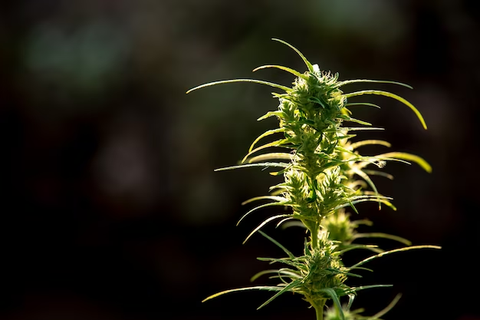
CBN is also known as cannabidiol and it's one of the extracts of the cannabis plant. However, CBN is not as readily available as CBD or THC.
CBN is only found in aged cannabis plants. It's created by age by the breakdown of the psychoactive compound THC.
Uses Of CBN
Due to limited research on CBN, we are not able to explore the full potential of CBN. However, the compound has been tested on various mammals other than humans and various anecdotal claims have discovered the following benefits of CBN products that may help for ->
- Improvement in sleep patterns
- Anti-inflammatory effects
- Relief from pain
- Neuroprotective effects
Side Effects of CBN
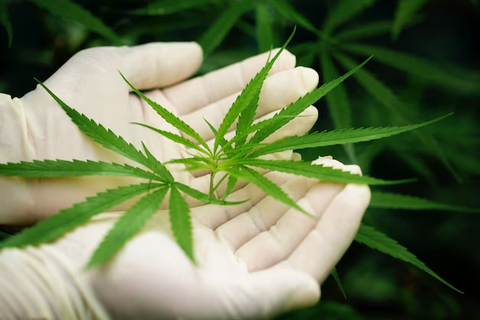
There are no recorded side effects of cannabinol. But that doesn't mean there are none. This is because of a lack of proper experimentation and research on this relatively new cannabinoid.
It's recommended to consult a healthcare professional before you decide to delve into the journey of this mildly psychoactive cannabinoid CBN.
Are CBD and CBN Legal?

According to the latest updates, CBD is fully legal in New York, New Jersey, California, Connecticut, Arizona, Colorado, Columbia, Maine, Massachusetts, Michigan, Montana, Nevada, Oregon, Virginia, Vermont, Washington, and Alaska.
In all the remaining states, CBD is legal with some conditions.
When we turn towards CBN, it's legal in almost all the states in the USA unless the source (plant or flower) contains 0.3 % of THC by dry weight. In that case, it's not legal.
Oregon is the only state that has put a complete ban on the CBN.
Where to Buy CBN and CBD Products?

CBD is easily available in pharmacy shops, dispensaries, and gas stations in various forms and types (full-spectrum, broad-spectrum, and CBD isolate). CBN might not be as readily available as CBD due to its limited availability in nature. Try sourcing your CBN online. Make sure you buy your CBD products from a trustworthy online retailer. Go through the ratings, reviews, and lab results of the CBN product you are buying.
Final Thoughts!
Hopefully, now you have a better idea about CBN vs CBD. Along with advantages, side effects, and differences between CBD and CBN. Before you decide to embark on a magical journey of CBD or CBN, make sure you consult a medical professional to completely ensure you don't face any health issues. However, experience the perfect blend of relaxation and wellness with CBD Kratom's premium products and embark on a journey to holistic well-being today. Embrace balance, relaxation, and vitality with every purchase here!
Frequently Asked Questions
1) What is the main difference between CBD and CBN?
The primary difference between CBD and CBN lies in their chemical structure and source. CBD is a major cannabinoid found abundantly in hemp, while CBN is a minor cannabinoid formed from the degradation of THC in aged cannabis.
2) Can I use CBD and CBN together?
CBD and CBN can be used together. Many users prefer combining them to enhance their effects, such as using CBD for overall well-being and CBN for promoting better sleep.
3) Which is better for sleep: CBD or CBN?
CBN is generally considered more effective for sleep due to its mild sedative properties. However, individual responses may vary, and some users find that CBD helps them relax and prepare for sleep.
4) Is CBN stronger than CBD?
CBN is not necessarily stronger than CBD, but it may have different effects. CBN is mildly psychotropic and may induce slight sedation, while CBD is non-psychoactive and offers broader therapeutic benefits.
5) Is it safe to take CBD or CBN daily?
Both CBD and CBN are considered safe for daily use. However, it is essential to follow dosage guidelines and consult a healthcare professional, especially if you are taking other medications.






